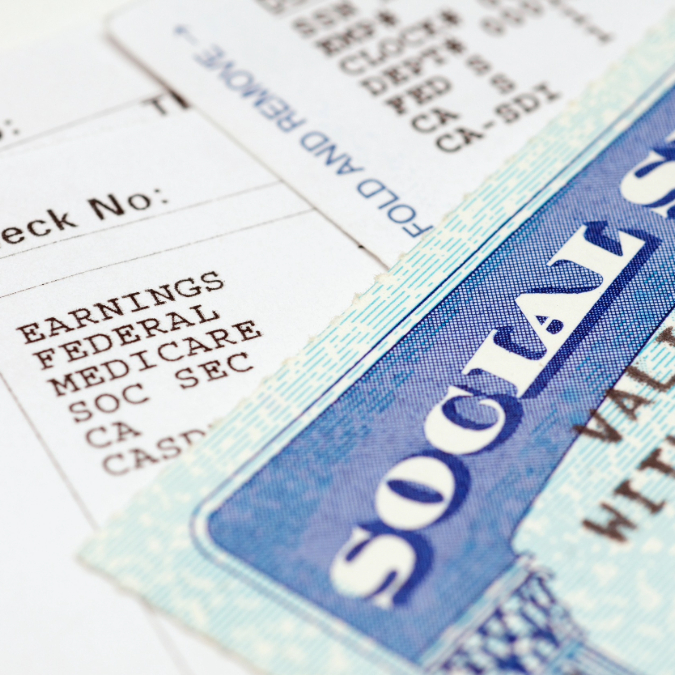
As the Baby Boomer generation ages, the realities of retirement are hitting home. For many, retirement is no longer a distant concept but a looming reality. However, despite the best intentions, some Boomers may find themselves ill-prepared for this next chapter of life. Here are 10 reasons why it may be too late for Boomers to change their retirement strategies.
1. Limited Time Horizon

Unlike younger generations who have decades to save and invest for retirement, Boomers may have a shorter time horizon. With retirement looming, there’s less time to recover from financial setbacks or to build up savings.
2. Inadequate Savings

Many Boomers have not saved enough for retirement. According to various studies, a significant portion of this generation has little to no retirement savings, relying primarily on Social Security benefits and other sources of income. Surprisingly, the median retirement savings of Baby Boomers is only $202,000. Shockingly, forty-three percent of Boomers had no retirement savings at all in 2022, according to the Federal Reserve Board.
3. Lack of Pension Plans

Unlike previous generations, many Boomers do not have access to traditional pension plans. In fact, only 6% of Boomers have pensions. This places a heavier reliance on personal savings and investments for retirement income, which may not be sufficient.
4. Healthcare Costs

As individuals age, healthcare expenses tend to increase. Boomers need to factor in the rising costs of healthcare, including insurance premiums, deductibles, and out-of-pocket expenses, which can quickly erode retirement savings.
5. Debt Burden

Boomers are carrying more debt into retirement than previous generations. A recent study by Credit Karma found that Boomers have an average of more than $50,000 in debt. Whether it’s mortgage debt, credit card debt, or student loans for themselves or their children, this financial burden can impede retirement strategies and cash flow.
6. Market Volatility

Boomers may not have the luxury of waiting out market downturns to recover losses. A significant market downturn just before or during retirement could severely impact their portfolios, leaving them with fewer resources to sustain their desired lifestyle.
7. Inflation Risks

Inflation erodes purchasing power over time, which can be particularly detrimental to retirees on fixed incomes. Boomers need to ensure their retirement savings are adequately protected against the effects of inflation.
8. Delayed Retirement

While many Boomers may have planned to retire at a certain age, unforeseen circumstances such as job loss or health issues could force them to delay retirement. This reduces the time available to enjoy retirement and may necessitate adjustments to their financial plans.
9. Social Security Concerns

Social Security is a critical component of many Boomers’ retirement income. However, concerns about the program’s long-term sustainability and potential benefit cuts add uncertainty to retirement planning.
10. Longevity Risk

Boomers are living longer than previous generations, which means their retirement savings need to last longer. Outliving one’s savings is a real concern, especially if Boomers underestimate their life expectancy or fail to plan for the possibility of needing long-term care.
Taking Action

While it may be too late for some Boomers to completely overhaul their retirement strategies, it’s never too late to take action. Seeking guidance from financial advisors, maximizing savings contributions, minimizing debt, and exploring alternative sources of income are all steps Boomers can take to improve their retirement outlook. By acknowledging the challenges and proactively addressing them, Boomers can still strive for a financially secure and fulfilling retirement.
Read More
Top 12 Reasons You Should Fire Your Financial Advisor
Nursing Home Negligence in Charleston: The Ultimate Betrayal

Leave a Reply